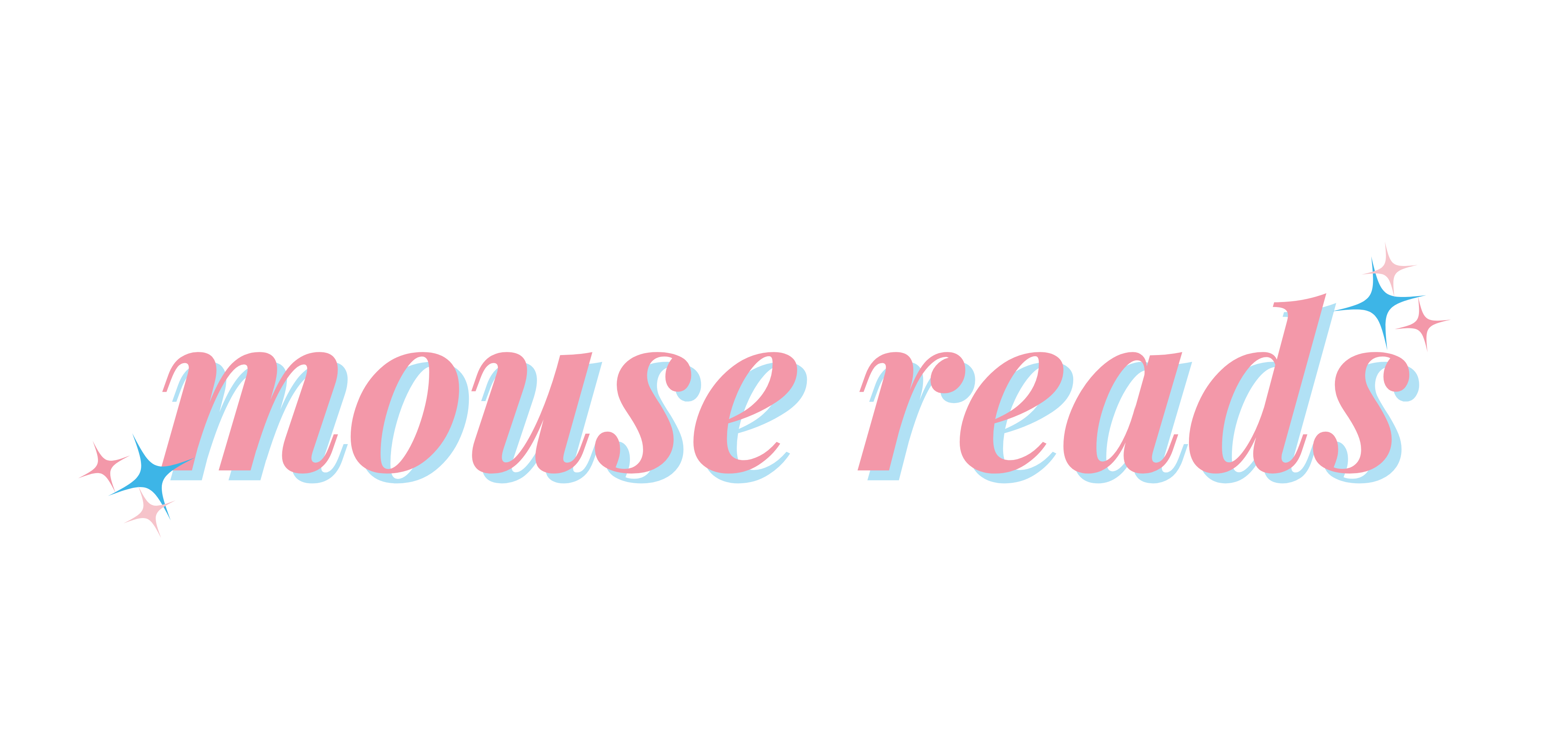More Than A Body
More Than A Body by Lexie and Lindsay Kite is a self-help book about body objectification. In More Than A Body, the twins explain the concept of self-objectification and its harms.

More Than A Body attempts to approach several different self-objectification causes and address ways to leave that cycle. Self-objectification “occurs when people learn to view their own bodies from an outside perspective.” This is a common occurrence in feminine presenting people. We learn it from an early age, from our mothers, and the culture around us. This book asks us to remember the first time we became painfully aware of being perceived and changing our behavior because of it.
“We see women, including ourselves, as bodies first and people second.”
Lexie and Lindsay both recognize their privilege of being conventionally pretty white women. They further acknowledge that people of color, different cultural backgrounds, and disabled people experience an extra level of both objectification and self-objectification. Something I appreciated as a non-binary person was the inclusion of us as well- and a disclaimer that while they use she/her terminology in the book, it is a book written for anyone dealing with this issue.
“Regardless of how the definition of beauty expands, it’s still being reinforced as the most important thing about us.”
I found the first two chapters of this book intriguing. The explanation of self-objectification, how it happens, and where it comes from was fascinating. I’ve read plenty of positive body books, but this was the first time I heard this term. However, after the second chapter, things started to fall apart a bit.
This isn’t my first weight-related, appearance struggling self-help book. This isn’t even my first feminism based self-help book. Because of these two facts, none of the information provided after chapter two was news to me. I understand how the culture around us objectifies us. I have watched the fat acceptance group grow and have rejoiced in it. Telling me that comparing myself to other women, that using looks based compliments, that fitness magazines’ objectification is harmful wasn’t new information to me.
While reading this, I was genuinely hoping for education a little deeper than the surface level. This book gave me a new concept to look into (self-objectification), but even then, it didn’t provide me much internal working to do.
“When we live our lives in this perpetual state of body monitoring, we are living passively, being judged and consumed by ourselves and others- not as self-actualized humans actively making choices.”
Despite the redundancy of the information provided, I still enjoyed this book. I think this book would be a good start for someone who hasn’t had any of this information. It provides resources and quotes from other body positivity books, and it’s a good jumping point. If this were my first rodeo, as it were, this would be a fantastic book.
Thank you to Netgalley and the publisher for giving me a copy of this book in exchange for an honest review.







Leave a Comment